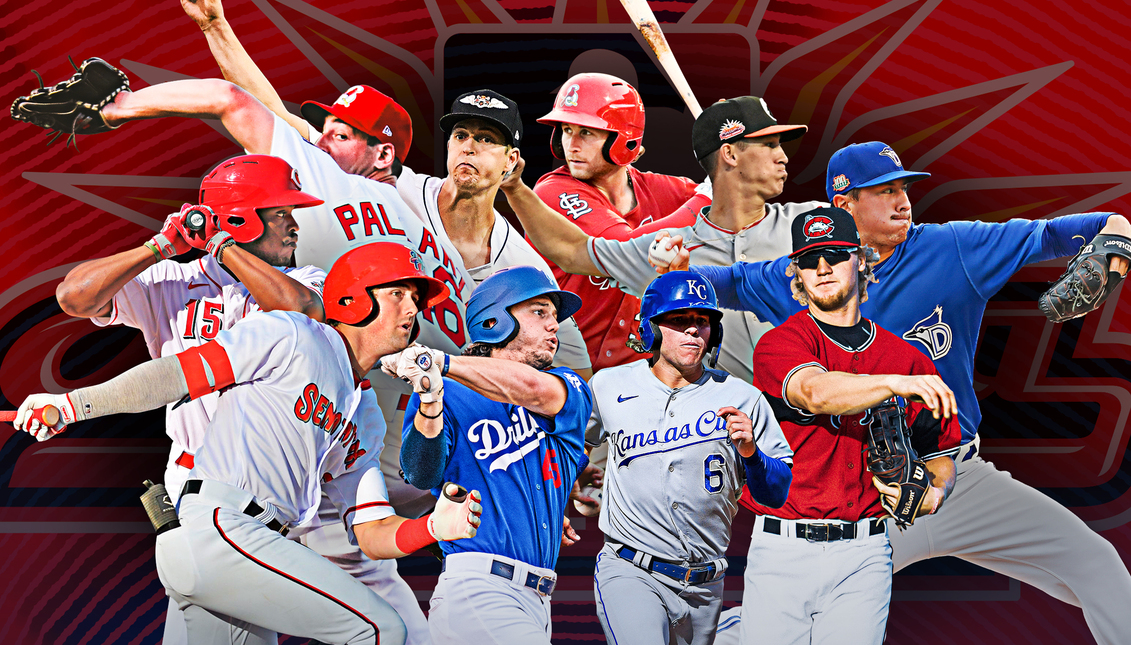
The MLB has its first lockdown in 26 years
With team owners blocking negotiations to this point, Spring training and the start of the next season are in jeopardy.
After the sport's collective bargaining agreement expired on Wednesday, Dec. 1 and, after failing to reach a new one, the team owners made the decision to immediately block their players from work, sparking the first MLB lockdown since 1995.
The measure, which threatens the start of training sessions and could delay the start of the next season, was made at a time to prevent players from leaving their teams in the Summer, as happened in 1994. It also ends four consecutive agreements between players and owners to avoid the stoppage.
The talks that ended on Dec. 1, several hours before the deal expired, started in the Spring with two parties unable to agree on key economic issues and ended with the lockdown decision by the 30 team owners.
According to representatives of the players, the decision to block will not prevent them from continuing to seek a "fair contract," as well as a new collective bargaining agreement that improves the conditions of the league. Likewise, negotiations seek to raise the average salary of the players as well improve conditions for those players considered "middle class," who especially suffer when teams rebuild.
Within the union's requests to management, the reduction of the time of service necessary for free agency and salary arbitration were rejected, considering that they significantly alter the economic structure of league. Likewise, through a statement, the union also stated that the lockout had been calculated to pressure the players to renounce their rights and benefits, thus abandoning the good faith negotiation proposals that would benefit both the players and the game in general.

Manfred, who succeeded Bud Selig as MLB commissioner in 2015 after working 25 years as an MLB labor negotiator, has publicly criticized the union.
RELATED CONTENT
In a letter that he shared through Major League Baseball's social media and addressed to fans, he noted: “I want to explain to you how we got here and why we have to take this action today. Simply put, we believe that an offseason lockout is the best mechanism to protect the 2022 season. We hope that the lockout will jumpstart the negotiations and get us to an agreement that will allow the season to start on time. This defensive lockout was necessary because the Players Association’s vision for Major League Baseball would threaten the ability of most teams to be competitive. It’s simply not a viable option. From the beginning, the MLBPA has been unwilling to move from their starting position, compromise, or collaborate on solutions.”
The commissioner also highlighted that they worked hard to “find compromise while making the system even better for players, by addressing concerns raised by the Players Association.
"We offered to establish a minimum payroll for all clubs to meet for the first time in baseball history; to allow the majority of players to reach free agency earlier through an age-based system that would eliminate any claims of service time manipulation; and to increase compensation for all young players, including increases in the minimum salary. When negotiations lacked momentum, we tried to create some by offering to accept the universal Designated Hitter, to create a new draft system using a lottery similar to other leagues, and to increase the Competitive Balance Tax threshold that affects only a small number of teams."
He also clarified that “this hard but important step does not necessarily mean games will be cancelled. In fact, we are taking this step now because it accelerates the urgency for an agreement with as much runway as possible to avoid doing damage to the 2022 season."
"Delaying this process further would only put Spring Training, Opening Day, and the rest of the season further at risk – and we cannot allow an expired agreement to again cause an in-season strike and a missed World Series, like we experienced in 1994. We all owe you, our fans, better than that," Manfred continued.
The immediate impacts of the breakdown in negotiations were a league memo to teams reporting the failure to reach an agreement, as well as the cancellation of next week's annual winter meetings in Orlando, Florida. It also noted that teams should kick players out of team training facilities and weight rooms, and recommended slowing down ticket sales by 2022.











LEAVE A COMMENT:
Join the discussion! Leave a comment.